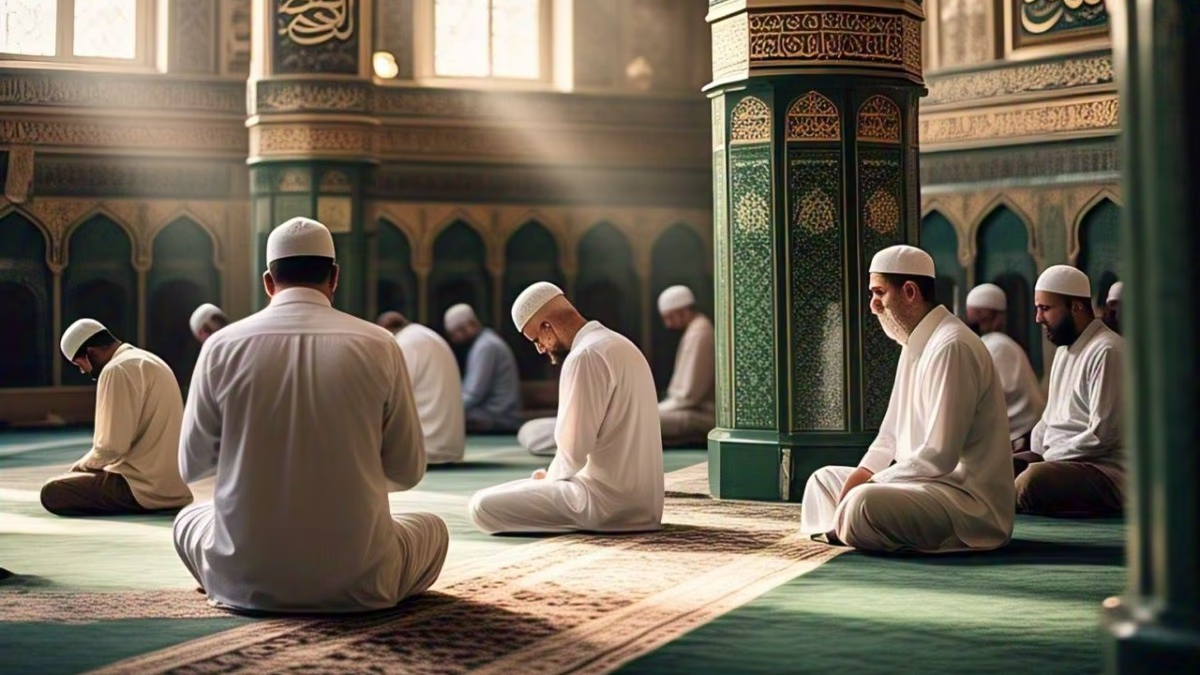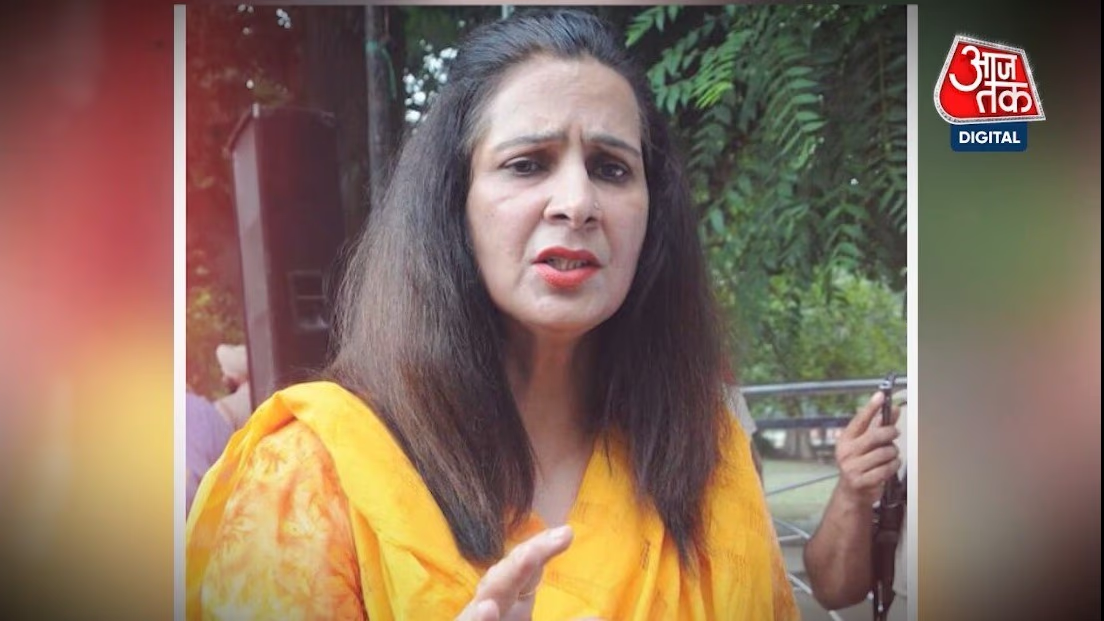In Pakistan, news of atrocities against minorities, particularly Hindus and Sikhs, frequently surface. However, there's also a faction of Muslims in the neighboring country that faces continuous oppression by the government. In Daska, Punjab province, the administration demolished a 70-year-old mosque of the Ahmadiyya Muslim community, which was constructed by Pakistan's first Foreign Minister, Zafarullah Khan. This mosque was considered a major religious site for the Ahmadiyya community. Two days after issuing a notice, it was declared illegal and torn down last Thursday. The administration claims the mosque encroached approximately 13 feet onto the road.
Constructed Before Independence
The mosque was built by Zafarullah Khan, an Ahmadiyya community member and Pakistan's first Foreign Minister from 1947 to 1954. Before the partition, he advocated for the rights of Ahmadi Muslims as a lawyer and played a significant role in several historic decisions. The mosque was constructed in his hometown, Daska, Sialkot, before Pakistan gained independence in 1947.
On January 15, the Ahmadiyya community was prepared to remove the 13-foot encroachment under the notice. Despite this, the administration hurriedly demolished the structure. The community claims the structure dated before the partition and was demolished in the presence of police. They further reported that the electricity in the mosque and surrounding area was cut off at night while the demolition took place.
Continuous Oppression of Ahmadis
According to 'Dawn', this is the latest incident of persecution against Ahmadi Muslims in Pakistan. In 2024 alone, more than 20 Ahmadi religious sites were targeted and demolished in Punjab province. Community members expressed disappointment, accusing the government of demolishing Ahmadi mosques instead of protecting them from extremists. Amir Mahmood, spokesperson for Jamaat Ahmadiyya Pakistan, accused the government of persistently targeting Ahmadi properties and ignoring their complaints. He claimed no modifications or expansions were made to the mosque's original structure, built by Zafarullah Khan's family before Pakistan's independence, questioning the encroachment allegations.
Pakistani law does not recognize Ahmadis as Muslims and, in 1974, a constitutional amendment declared the Ahmadiyya community non-Muslim. Since then, they have faced persecution in Pakistan, with their religious sites frequently targeted. Ahmadis are also targeted by radicals in India, with the Muslim community unwilling to accept them.
Why the Muslim Community Doesn't Accept Ahmadis
The Ahmadiyya community was founded by Mirza Ghulam Ahmad, born in Qadian, Punjab. Consequently, many Ahmadis also refer to themselves as Qadiani. In 1889, Ghulam Ahmad declared himself the Khalifa in Ludhiana, attracting followers and gradually expanding the Ahmadiyya congregation. This community is a sub-category of Sunni Muslims, considering themselves Muslims but not recognizing Muhammad as the last prophet.
The community reveres Mirza Ghulam Ahmad as their spiritual leader and believes he was a prophet or messenger after Muhammad. Globally, Muslims regard Muhammad as the final prophet, making this belief distinguish Ahmadis from other Muslims. In Pakistan, Ahmadis are deemed infidels, and many other Muslim countries do not consider them Muslims.
Ban on Performing Hajj
Globally, Ahmadis constitute about one percent of the Muslim population, estimated at around 20 million. Approximately 5 million Ahmadi Muslims reside in Pakistan. Nigeria and Tanzania follow. While this community faces opposition in countries like Pakistan and India, they encounter less difficulty in African nations. In contrast, Saudi Arabia does not recognize them as Muslims, hence, they are banned from performing Hajj. If any Ahmadi attempts to go for Hajj, they are sent back.




